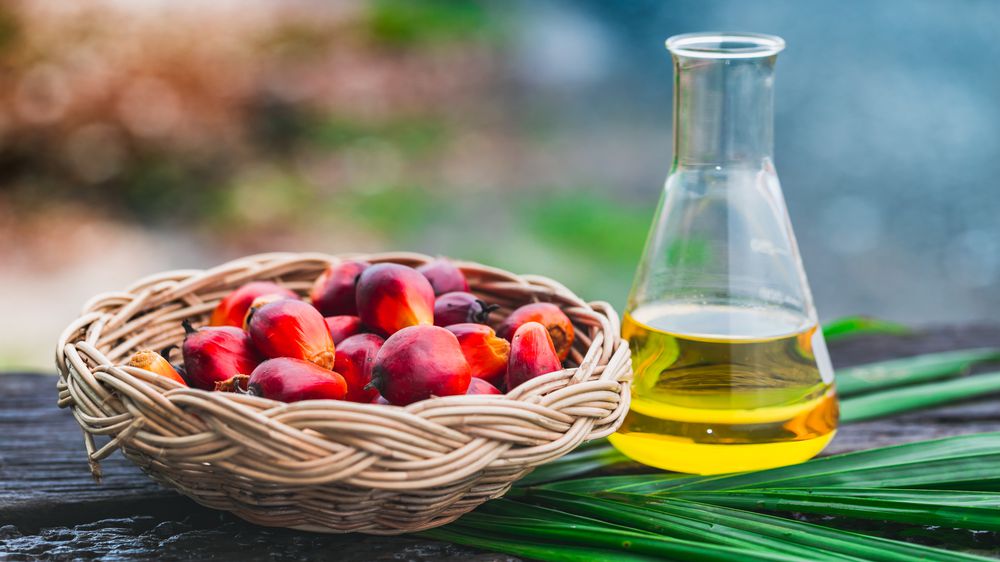Indonesia considers new palm oil export restrictions amid biodiesel push

Indonesia, the world’s largest producer of palm oil, is weighing new restrictions on crude palm oil (CPO) exports as part of its ambitious plan to expand domestic biodiesel production.
Energy Minister Bahlil Lahadalia announced on October 14 that the government may regulate exports to ensure sufficient supply for its upcoming B50 biodiesel mandate
The B50 program, set to launch in the second half of 2026, will require diesel fuel to be blended with 50% palm oil, up from the current 40% under the B40 mandate.
This shift could add an estimated 5.3 million tons to domestic palm oil demand.
The move is part of Indonesia’s broader strategy to reduce reliance on imported fossil fuels and strengthen energy self-sufficiency.
To meet the increased demand, the government is considering several measures, including expanding palm oil plantations and enforcing the Domestic Market Obligation (DMO), which mandates exporters to allocate a portion of their production for local use.
Lahadalia emphasized that while no final decision has been made, export regulations remain a viable option to support the biodiesel initiative.
The potential restrictions have sparked concern among global markets.
Analysts warn that limiting exports could tighten global supply and drive up prices for edible oils, particularly in countries heavily reliant on Indonesian palm oil.
Palm oil is a key ingredient in food products, cosmetics, and biofuels, making its availability crucial to multiple industries.
Indonesia has long used its palm oil reserves to fuel its bioenergy ambitions. The country’s biofuel program, which began over a decade ago, blends palm oil-based fuel with conventional diesel to curb greenhouse gas emissions and reduce fuel import bills.
However, balancing domestic energy goals with international trade commitments remains a delicate task.
The government’s deliberations come at a time when global food security and commodity prices are under scrutiny.
Any move to restrict palm oil exports could ripple across supply chains, affecting prices and availability worldwide.
As Indonesia navigates this transition, stakeholders, from farmers to international buyers, are closely monitoring policy developments.
The final decision on export restrictions is expected to hinge on domestic production capacity and the success of efforts to scale up palm oil output.
For almost 30 years of expertise in the agri markets, UkrAgroConsult has accumulated an extensive database, which became the basis of the platform AgriSupp.
It is a multi-functional online platform with market intelligence for grains and oilseeds that enables to get access to daily operational information on the Black Sea & Danube markets, analytical reports, historical data.
You are welcome to get a 7-day free demo access!!!
Read also
Uncertainties As The New Reality: How Agri Business Can Generate Money In 2026
Ukrainian rapeseed in 2025/26: From exports to processing-driven market
Jordan cancels wheat tender and announces new one for 120 thsd tons
Israel may restrict Black Sea wheat imports amid new trade deal with the US
Ukraine сompletes 2025 sugar production season
Write to us
Our manager will contact you soon



